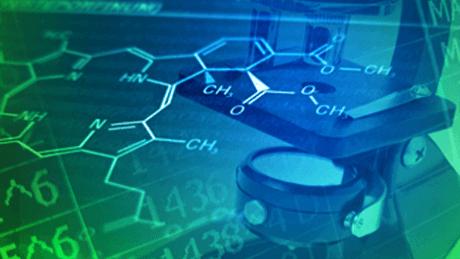
This course covers about a half a semester of instrumental analysis which is a standard part of the undergraduate chemistry curriculum. Any chemist has to understand how to analyze samples - whether they are water samples, blood samples or bits of a painting. Most often chemists do this using instruments of some sort. Machines like mass spectrometers or gas chromatographs can indicate both what's in a sample (qualitative) as well as how much of something there is(quantitative). If you are fascinated by shows like CSI, and have enough basic chemistry, this course would be great for you. However, the course is first and foremost designed for chemistry students working towards their degree.
Students who complete this class will understand that analytical instruments are not black boxes, but rather complex tools whose utility depends in detail on how analysts both configure and apply them. Towards that end there are three pimary objectives. First, students will learn facts about major classes of instruments commonly used in chemical analysis. Their knowledge will be captured by the ability to block diagram these complex pieces of equipment, and tailor the specifications to the measurement needs. Second, the course will cover the basics of instrumental calibration and quality control. Analysts will develop the ability to apply calibration curves, internal standards and the method of standard addition as needed for various measurement problems. Finally, students must learn how to select and tailor the best instrumental method given a particular measurement need. This higher level skill involves critical evaluation of the strengths and limitations of the various method, and the ability to understand the context behind a measurement need.

